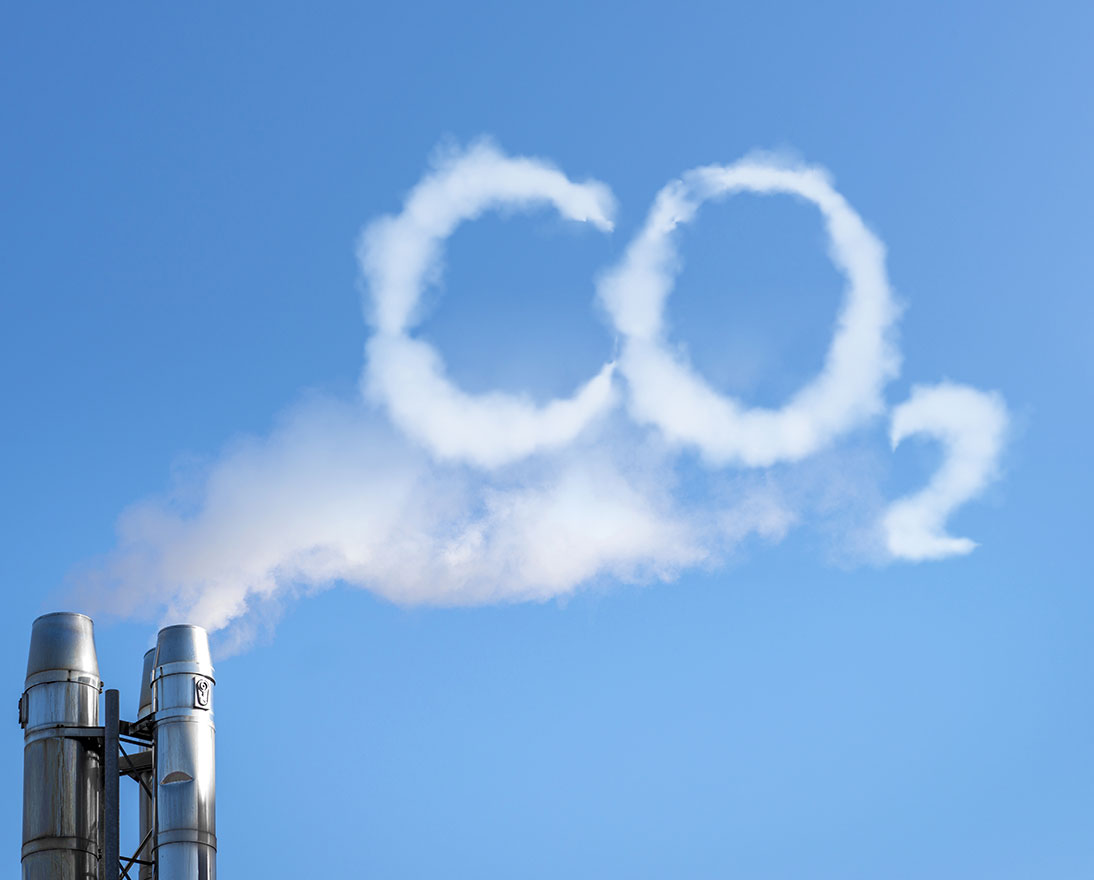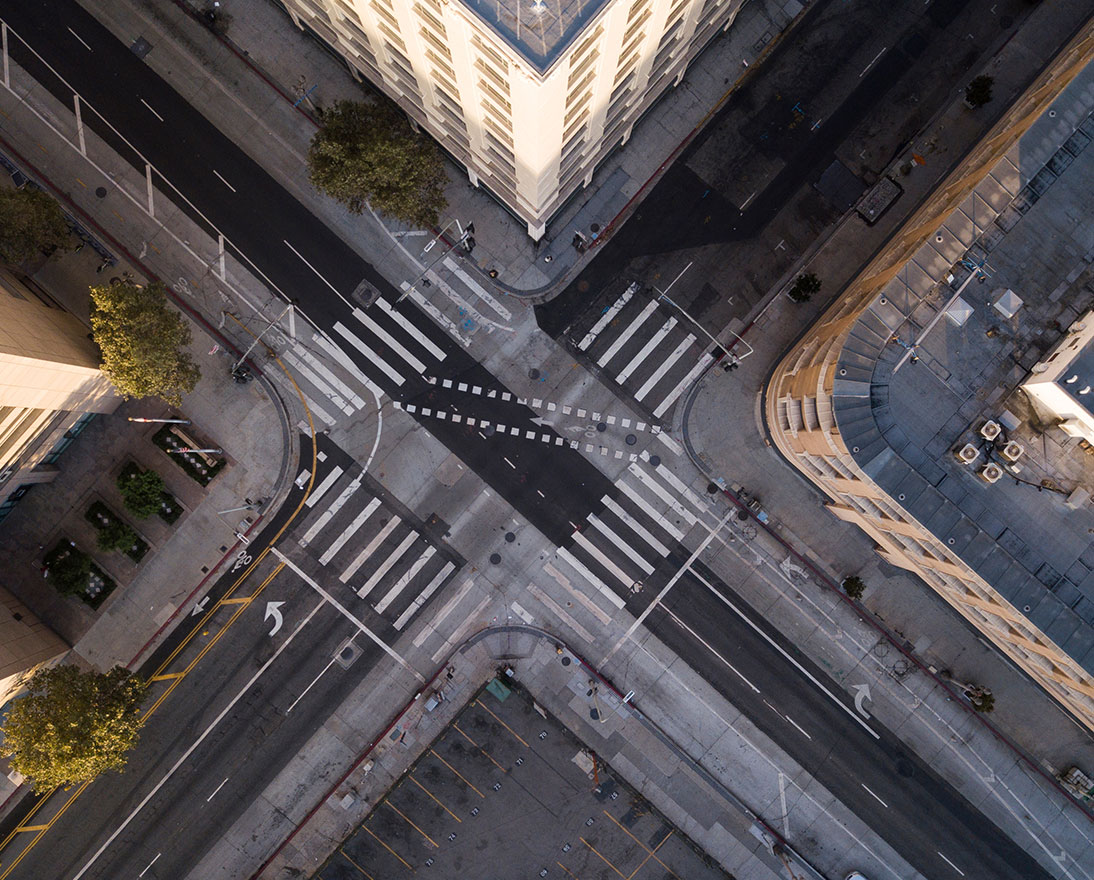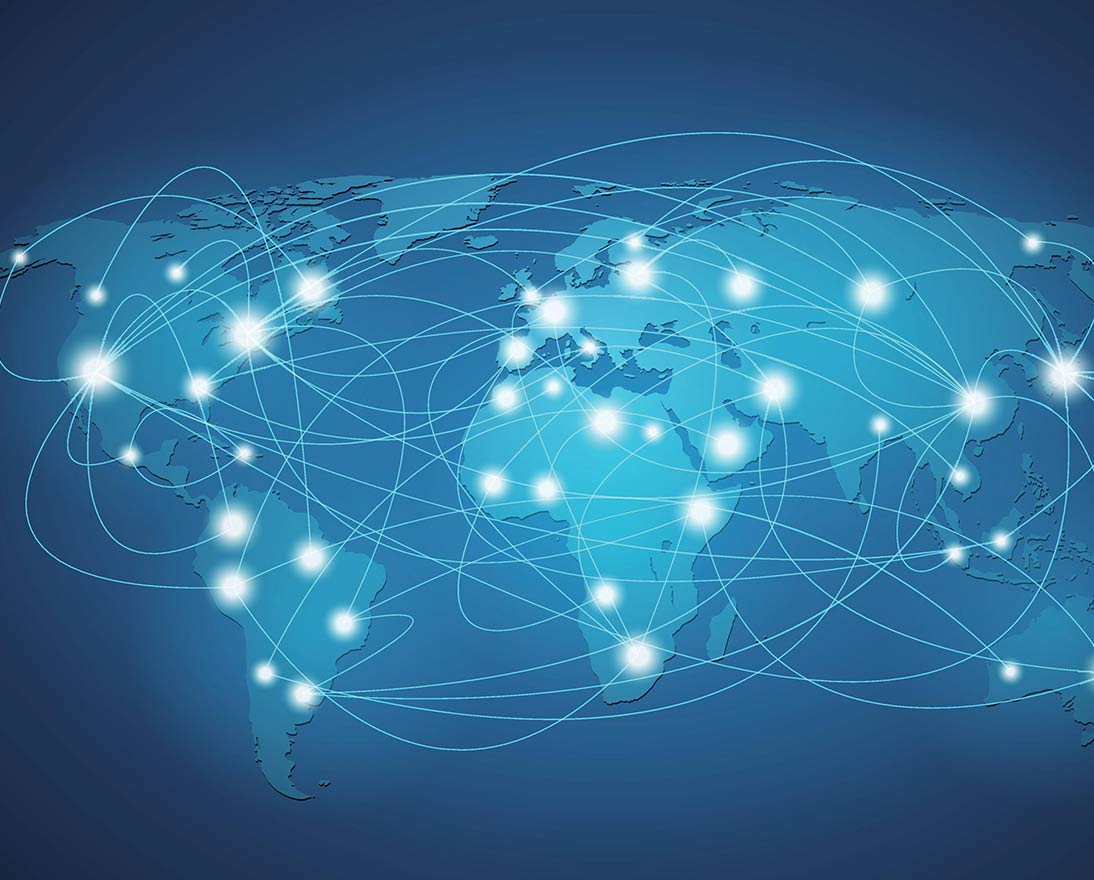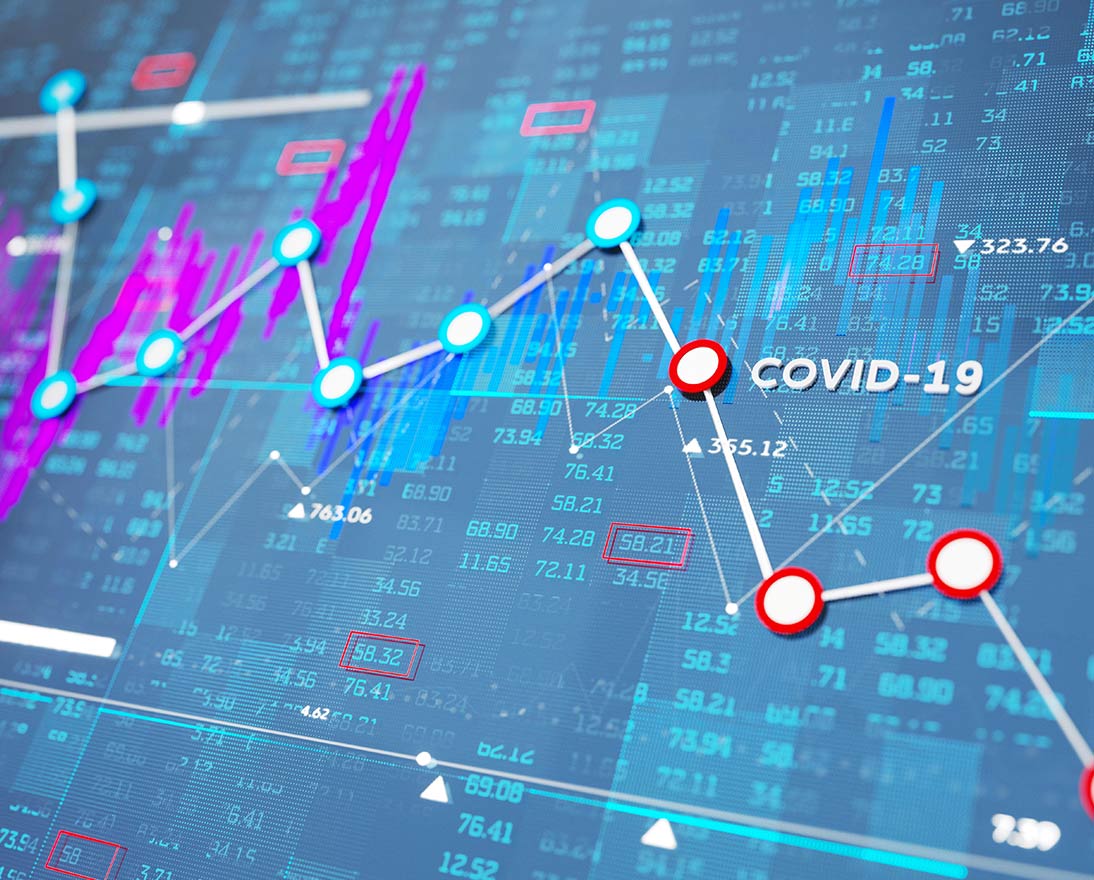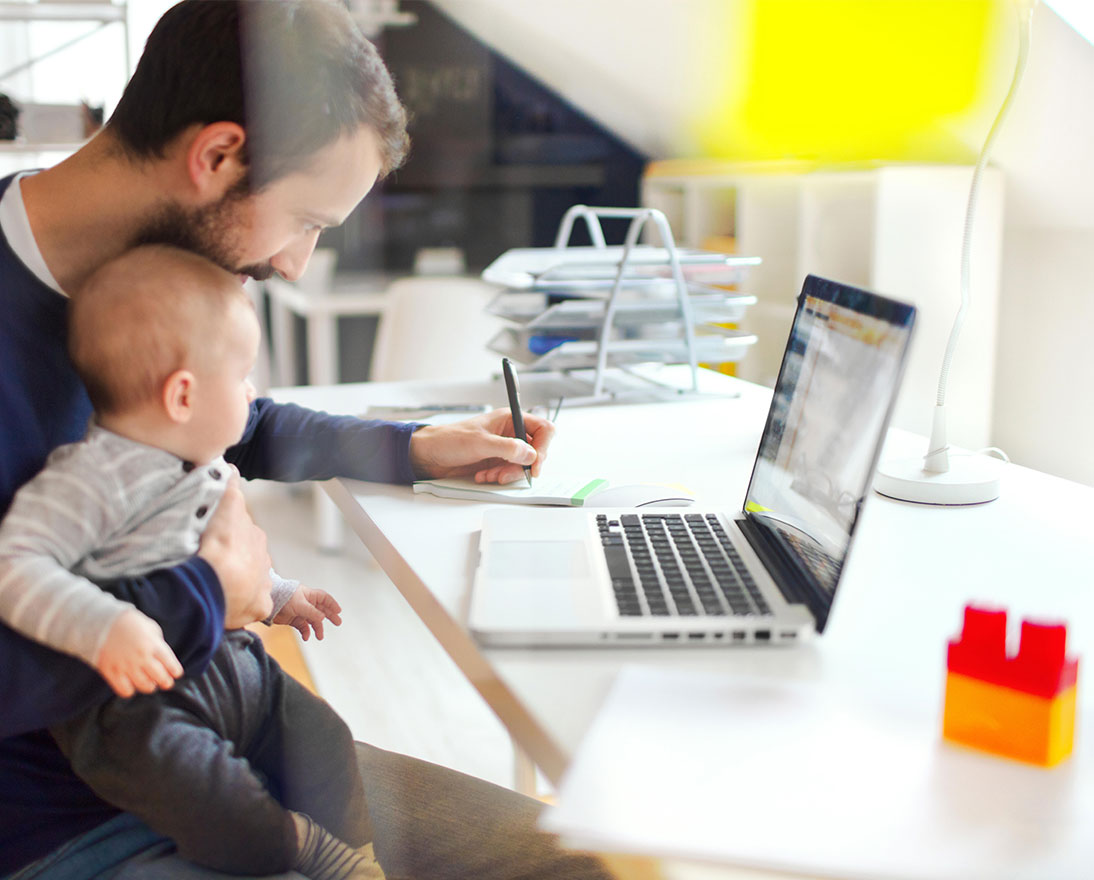
In urgent need of a sustainable recovery
2020 has been a turbulent year across the globe. Alison Martin, CEO of EMEA & Bank Distribution, says now is the time to ask ourselves if we are happy with the world we have created and to re-evaluate what’s important.
2020 has been an extraordinary year to say the least. It kicked off with climate disasters wreaking havoc across the region and never really let up. Whether it was floods, high winds and heavy rains, or fires, earthquakes and high wave activity, Europe found itself under attack from a deluge of extreme weather events.
Then along came COVID-19. Most heart-breaking is that people have lost loved ones and tragically more will likely follow. The pandemic, and the actions taken to reduce loss of life, have placed enormous strain on healthcare systems, economies and the very social fabric holding society together and millions of people have either lost their jobs or suffered reduced incomes. The pandemic has made the inequalities of our society all the more evident as typically it’s the lowest paid who are putting their lives on the line to keep critical services functioning and society going.
Now more than ever we are forced to question if we are happy with the world we have created and re-evaluate what’s important, and the role and risks of doing business.
Business leaders around the world are clearly extremely concerned. You can see this in the European results of the WEF’s 2020 Risks for Doing Business Survey, a perception of what executives see as the greatest risks of doing business over the next 10 years. While many of the 2020 risks are the same as a year ago, the underlying reasons driving risk perceptions are vastly different and the risks themselves more interdependent than ever.

The COVID house of cards
In the wake of COVID-19, the spread of infectious disease has understandably been identified in the survey as the single greatest risk of all, jumping a massive 28 places from 2019. However, the pandemic has been so severe – and we have been so unprepared for it – that it has cruelly exposed weaknesses in how we’ve set up to live and work on our planet.
Cyber-attacks and unemployment/underemployment were second and third on Europe’s list of perceived risks. Country lockdown measures to stop the pandemic have severely impeded the global economy and changed how we live: businesses have either cut output or closed doors completely, and rising online usage has opened the digital back-door for cyber criminals. The longer the uncertainty about the future lasts , the greater the risk of profound social instability, large scale involuntary migration and failures in national governance become.
Governments have acted swiftly to avoid catastrophe with far-reaching stimulus plans. However, the sheer magnitude of the support being given has stoked fears around fiscal crises, asset bubbles and ultimately the failure of financial mechanisms or institutions.
Climate risks on the rise
Climate risks feature more in the considerations of industry leaders in this year’s survey, albeit still not with the prominence that they deserve.
Three of the five fastest climbing risks are climate related. Failure of climate change adaptation rose 6 places to make it into Europe’s top 10 for the first time while extreme weather events and natural catastrophes climbed eight and six places respectively to sit within this year’s top 20.
We need to listen to the warning signs our planet is sending us. If we do not take more decisive and tougher action climate change will only cause further tragedy.

We need to build back better: not regardless…
If there is a silver lining to take from the catastrophic events caused by COVID-19, it’s the reduction of greenhouse gas emissions and environmental recovery seen as a result of 2020’s economic slowdown.
But as economies are opening up again things are returning to the old unsustainable path. In June, the Global Carbon Project reported that emissions had climbed to within 5% of 2019 levels. Getting the economy and society back on track is essential, but we simply cannot recreate the world we had.
We all need to work together to put a more sustainable way of life in place. One that centers on the human, social, economic and environmental pillars of sustainability and where individuals, governments and industries think about the long-term consequences of actions.
We have a chance to rebuild differently. We need to take responsibility and act. By working together, we can create a sustainable recovery, contribute to our 1.5°C Paris climate commitments and create a fairer, more balanced and resilient society. One that we’re proud to pass on to future generations.
